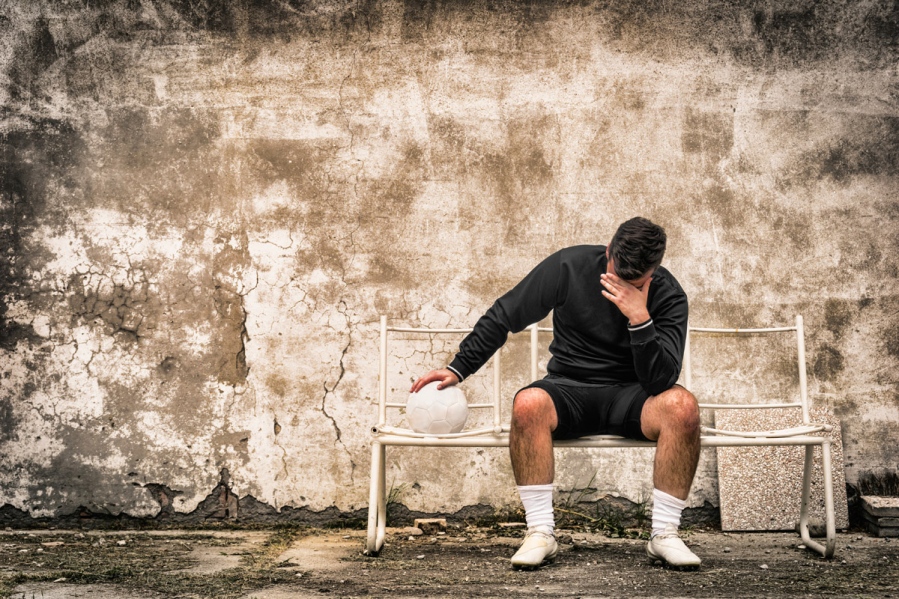How Athletes Can Avoid Depression?

It’s perfectly possible for athletes to suffer from any kind of mental problems, including depression. They may earn a huge salary and at the peak of their physical fitness. However, financial and physical successes don’t guarantee healthy psychological conditions. Many athletes have become new celebrity and they receive media focus. The superstar status can be quite challenging for them and recognition will come with a big price. Top players are well aware of big responsibility that the need to shoulder. They are pressured to perform well and consistent. Any small mistake that’s unnoticeable before can become a big news, once an athlete is highly popular in sports. If athletes want to survive under the glare of media attention, the will need to follow a disciplined regime and maintain peak fitness. The slightest indiscretion and mistake can become a significant scandal. Also, the competition is often waiting in the wings and they are keen to take our place. With such a pressure, it is easy for athletes to get depressed. Many professional athletes start their career from a very young age and they have trained for years. They have a single minded objective to achieve recognition and success. The discipline needed to succeed in sports is huge. We need to have sacrifice and total commitment. Personal life, training schedule and diet will need to be planned properly around our ultimate goal. Professional athletes often have extra pressure to do well.
Many athletes find that depression start to manifest when they have extreme physical and mental pressure. When facing uncertainties, players often face private doubts. Any athlete wants to be successful and they seek to do their best. The pressure can be quite high if players are members of sports team. They have immense responsibility to support the rest of team. Becoming a young athlete also often requires the sacrifice of the whole family and demand becomes more intensified. It is important for athletes to determine the early symptoms of depression. In some cases, lethargy begins to creep in. Athletes also feel less satisfaction and pleasure in what they do.
Their appetite, temper and concentration can also be affected. Depression may also manifest in a number of physical conditions, such as difficulty of sleeping, restlessness, loss of libido, pains and aches. It is important for athletes to be vigilant in eliminating any sign of depression, so they can respond immediately. Young athletes are more likely to feel embarrassed, to be ashamed and pretend that they are confident. Determination and willpower are essential for athletes, if they want to succeed in the game. They shouldn’t keep doubts and fears to themselves, which can become a bad habit.
There are many ways to support an affected athlete, such as by assigning mentors to young athletes. They will have the willingness to share experiences and listen to others. Young athletes should also be given role models, so they will know what to do. It is also a good idea to provide confidential support.
